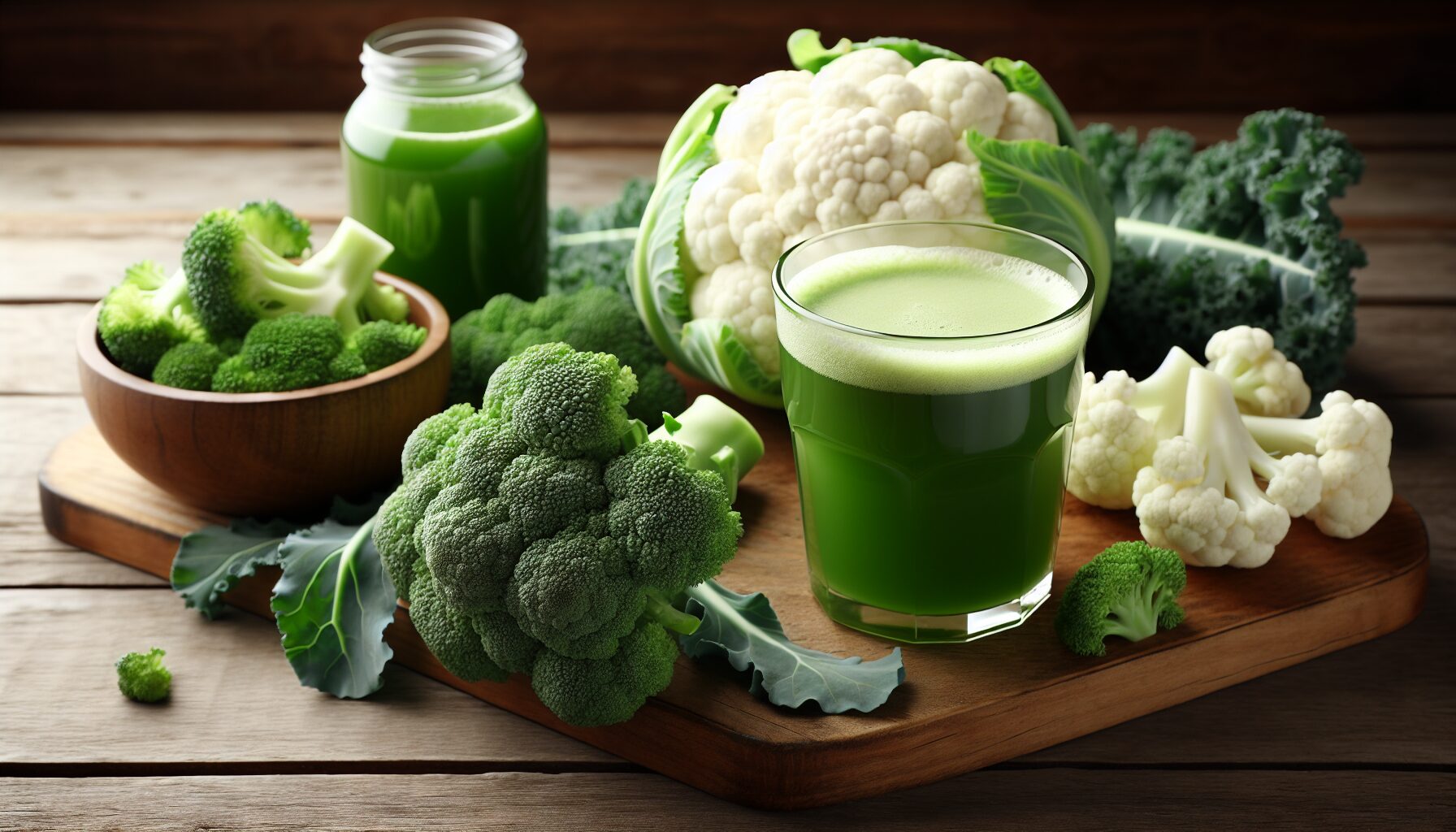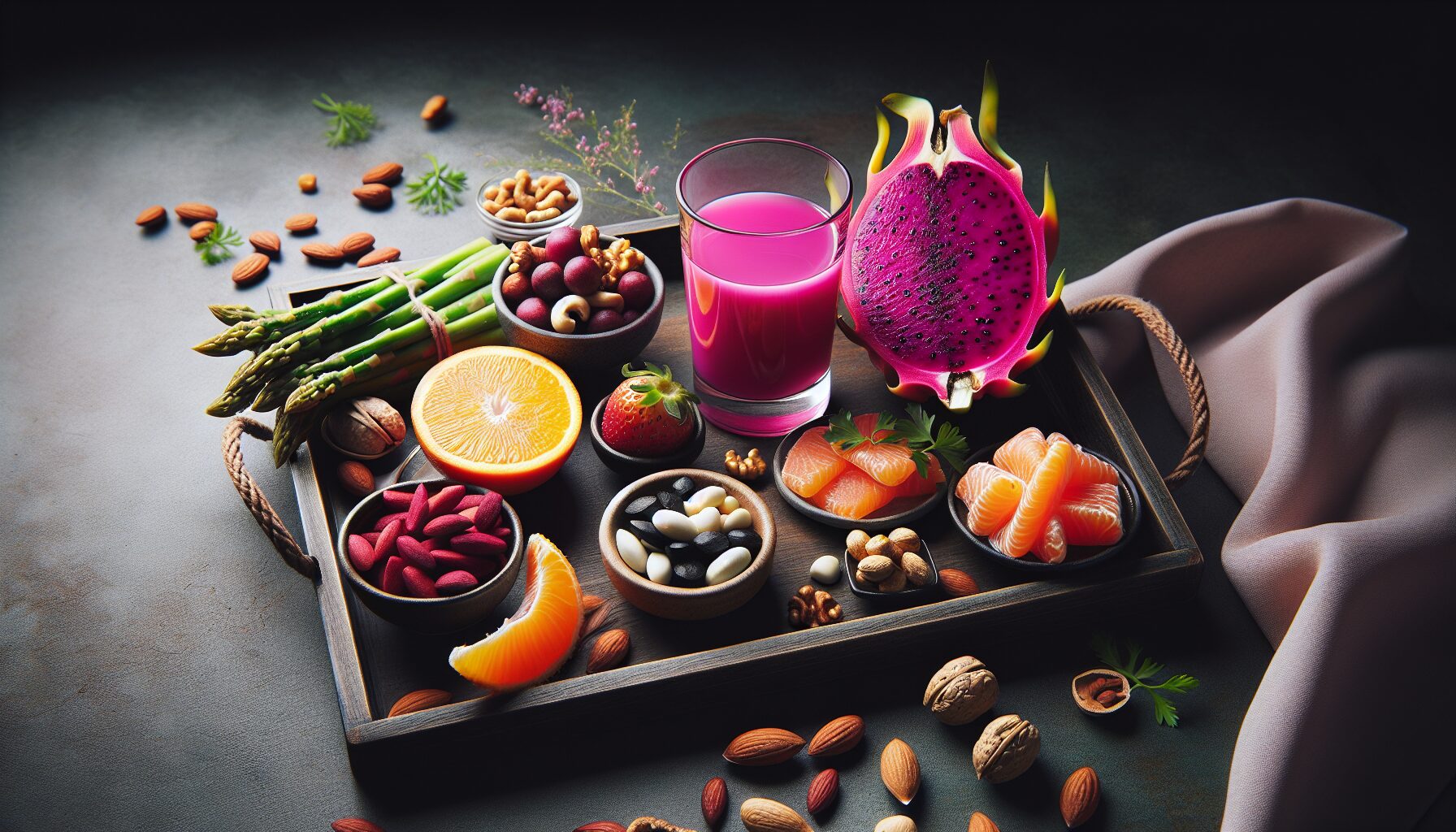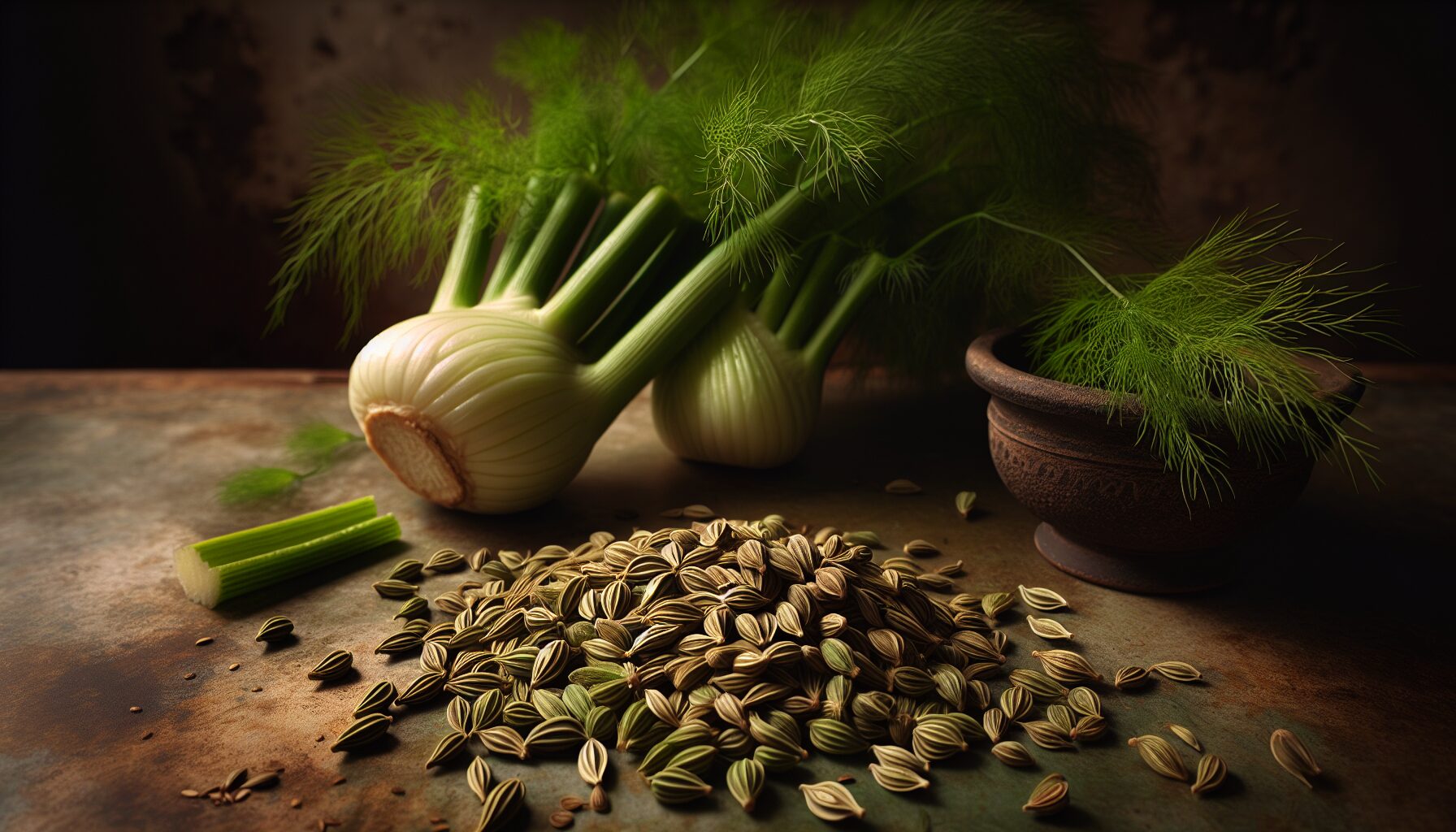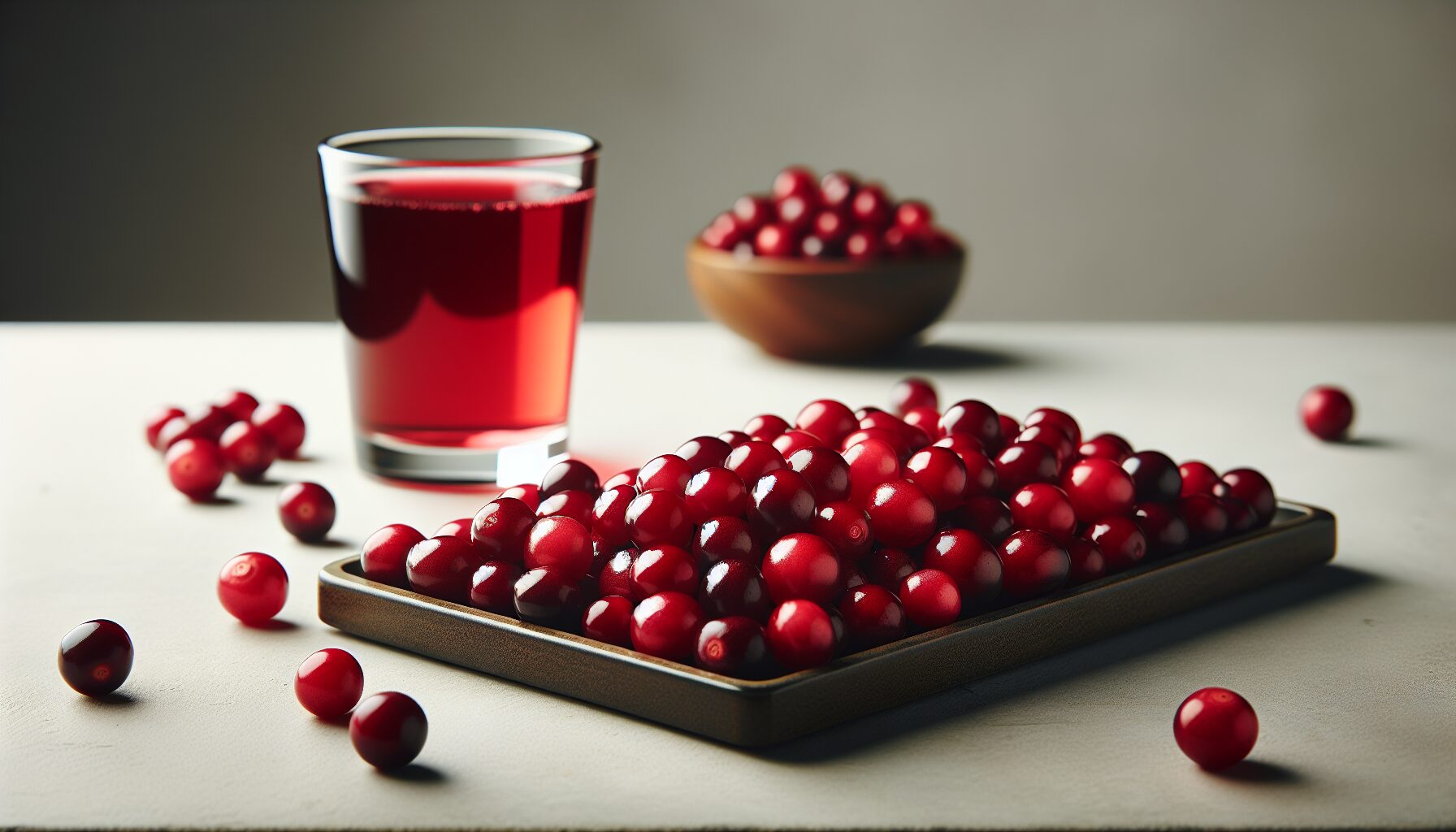
Cranberry Health Benefits
Cranberry has many potential health benefits to your body. Cranberries contain various plant phytochemicals, these compounds are thought to assist with various aspects of our health. As with many health foods, it is always exciting when new plant molecules are found that can support our health. The list of phytochemicals detected within cranberries is truly staggering.
Of these phytochemicals, there is a vast number of exciting antioxidants within cranberries that may support optimal health. Cranberries rank amongst the highest of all the known fruits for antioxidant quality and quantity. Cranberry contains proanthocyanidins, other flavonoids, flavonols and phenolic acids that are of health significance.
There has also been a considerable amount of scientific research on the compounds in cranberry that confirm their potential health benefits to the body. Cranberries don’t seem to contain excessively high levels of sugars or carbohydrates either, about 12% of their total contents. This adds to their status as a health food. Cranberries are a rich source of vitamins C, E and K. These contribute to improved antioxidant status in cell membranes, the optimum function of the immune system and optimal blood clotting. Cranberries even contain a small amount of omega-3.
The entire list of associated health benefits of cranberries is staggering. These include anti-cancer effects, gut microbe harmonization and antiviral properties. Research also suggests that cranberries may also support optimal urinary tract health. Let’s take a look at the possible health benefits of cranberry extracts more detail.
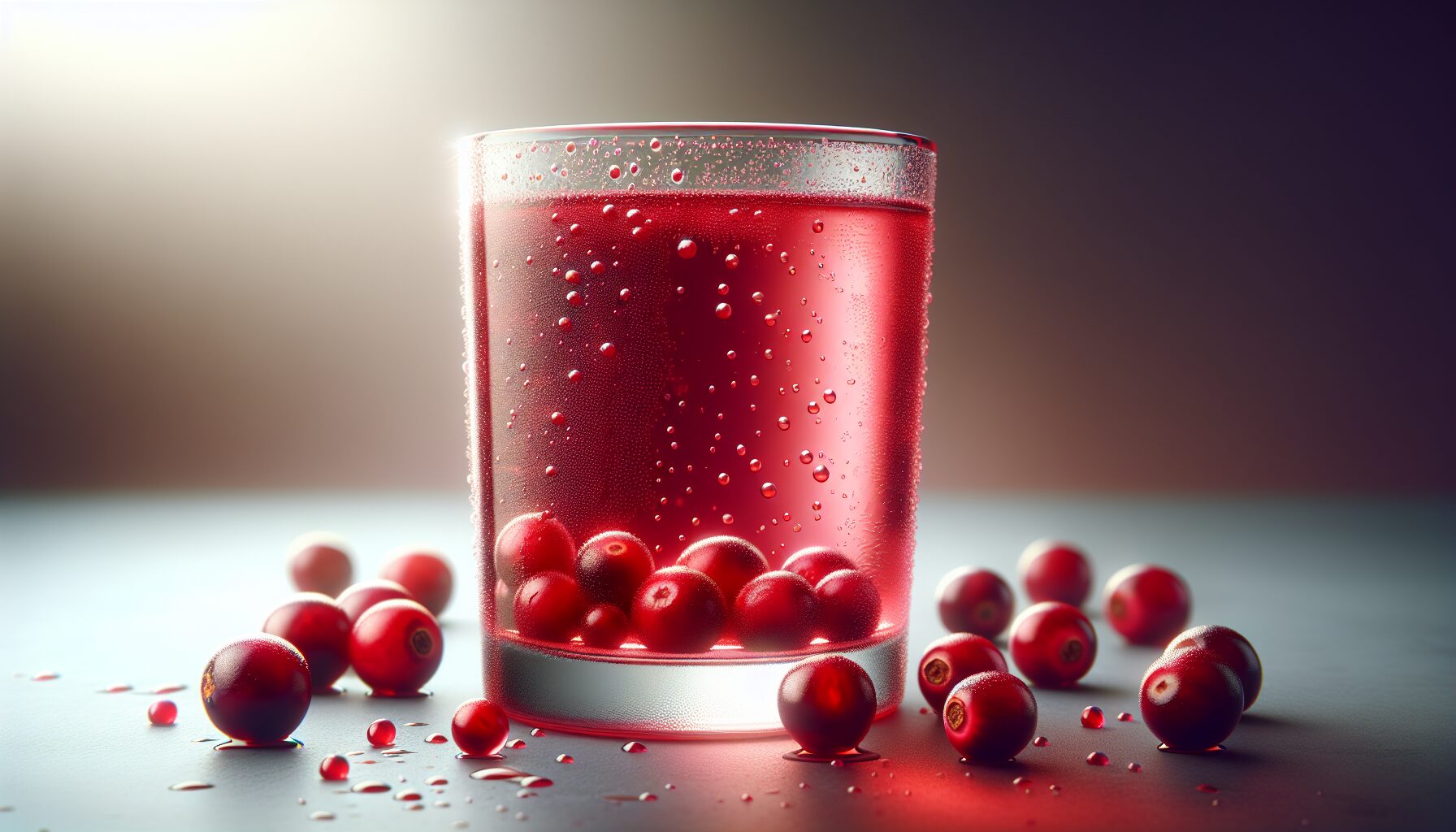
Cranberry Flavonoids
One large group of plant phytochemicals present in cranberries are known as flavonoids. Flavonoids are also antioxidant compounds. They are sometimes implicated in bacterial health and disease prevention too.
Some broad-spectrum flavonoids produced by plants include kaempferol and quercetin. These have been shown to prevent the growth of some harmful bacteria such as MRSA. They have mild antibiotic activities on these bacteria that are harmful to our health.
Interestingly, plants also use specific flavonoids to develop unique relationships with specific bacteria in the roots where they share nutrients with each other. This is usually of relative benefit to plants that enjoy good levels of sunlight.
Consuming foods rich in flavonoids, such as cranberry, is thought to improve the antioxidant status in the body and also reduce the risk of cardiovascular diseases. Flavonoids are thought to contribute massively to the health benefits of eating cranberries or drinking cranberry juice.
Cranberry Proanthocyanidins Health Benefits
Proanthocyanidins are one class of flavonoid that are very abundant in cranberries. Extracts of cranberry seem to possess an incredible antioxidant power that is partially attributable to proanthocyanidins. Proanthocyanidins are potent plant antioxidants. They are thought to be the main antioxidant compound within cranberries. In cranberries, the main proanthocyanidins are epicatechin, catechin and epigallocatechin.
These cranberry compounds were identified to be able to reduce the oxidation of LDL cholesterol. LDL levels reduced significantly in participants of a study that took cranberries. Cranberries are also thought to improve levels of healthy cholesterol, HDL too.
The science suggests that cranberry extracts are able to prevent the oxidation of cholesterol. This is dose dependent, as you improve cranberry extract intake this effect is amplified. Cranberry extract also drives cholesterol into the cells. This effect from cranberries therefore triggers a clearance of excessive circulating cholesterol.
Improving cranberry intake therefore has a positive outlook for those looking to reduce atherosclerotic build up and the risk of heart diseases. Atherosclerotic build up in the blood vessels is mainly dependent on the excessive oxidation of cholesterol, which then blocks blood vessels. That’s great news for sufferers of cardiovascular diseases, also considering that CVD is currently the leading cause of death. In terms of the research results, cranberries seem to be a wonder berry for cardiovascular disease prevention.
Antioxidant Power Of Cranberries
Just a single serving of cranberry juice caused a significant increase in circulating antioxidant levels. To put the awesome antioxidant power of cranberry into context, 100 grams of cranberries has the equivalent antioxidant capacity of 1000mg of vitamin C. The current daily recommendation for vitamin C is between 90mg and 75mg. Vitamin C is also one of the strongest antioxidants in the body. The antioxidant power of 100 grams of cranberries is also equivalent to about 3700mg of vitamin E, another potent essential antioxidant.
This provides a clear picture as to how strong the antioxidant compounds in cranberries are. This sort of sheer antioxidant power, with the antioxidant conservation power it provides within the body, should immediately class cranberry extract as immunomodulator. Immunomodulators conserve the levels of key immune system antioxidant vitamins in the body. This improves the overall systemic functioning of the immune system. That includes all sorts of activities, from removing cancerous cells to destroying pathogens.
Immunomodulation occurs through certain antioxidants standing in the way of key immune system antioxidant vitamins. This includes vitamin C, which plays a key role in immune system functioning. This sort of antioxidant strength does not appear overnight. This is likely to have developed, very carefully, in stages through generational interactions with animals. Their increased selection over time and antioxidant capacity will have been associated with the health benefits of eating cranberries to animals.
High levels of phenolic acids have been detected in cranberries. Of these there are high quantities of p-coumaric acid, caffeic acid, ferulic acid and chlorogenic acid. These phenolic acids will contribute to the antioxidant capacity of cranberries and as phenolic acids they will also have anti-microorganismal properties.
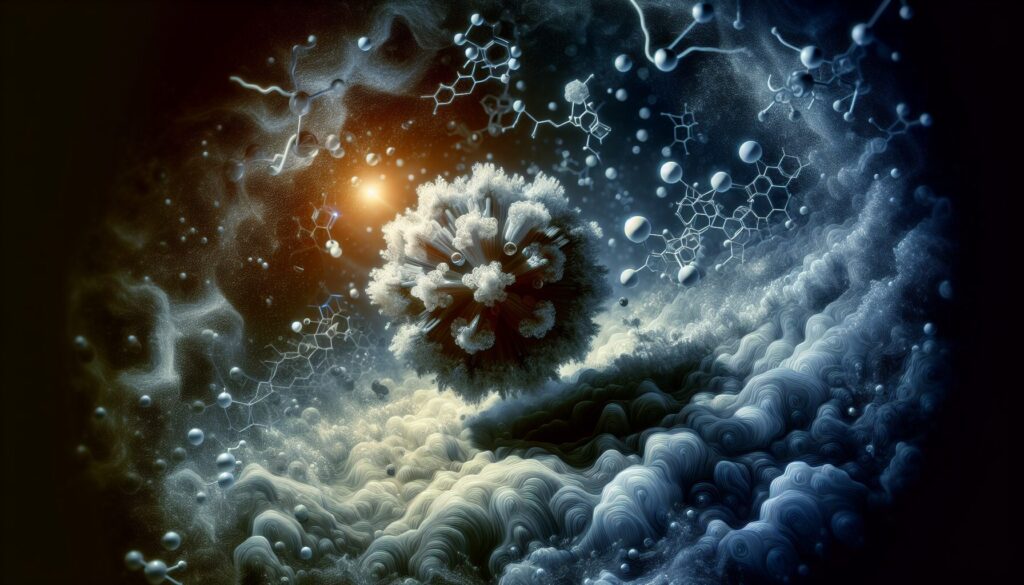
Anti-Cancer Potential Of Cranberry
Some studies suggest that cranberry proanthocyanidins may have anti-cancer effects. This is because of the strong antioxidant capacity that proanthocyanidins possess. It is likely that they have cancer preventative effects. Cranberries contain other polyphenols too, that have been shown to inhibit the growth of cancer tumor cells.
Quercetin is one flavonol identified as having high tumour inhibition activities. It is thought to be able to directly discourage cancer cell growth. The quercetin content of cranberries is amongst the highest of all fruits, which ranks cranberry as a top cancer preventative fruit. Breast cancer cells have been seen to die via controlled cell apoptosis when exposed to cranberry.
Another compound found in cranberries that has shown strong antioxidant abilities and mild pharmacological activity is ursolic acid. This is a triterpenoid with anti-inflammatory and anti-tumour effects. Ursolic acid can protect cells from lipid oxidation by energetic free radicals. Ursolic acid is found in really high quantities in cranberries. Like quercetin, ursolic acid has been seen to inhibit cancer cell growth. Ursolic acid might be a next generation anti-cancer compound. The anti-inflammatory effects of ursolic acid are thought to be legendarily strong.
Cranberries also contain high levels of antioxidant triterpenoids oleanolic acid and β-sitosterol, that contribute to its anti-inflammatory activities.
Neuroprotective Effects Of Cranberry Compounds
The antioxidant abilities of cranberry may have benefits to brain health, where cranberry extracts may provide antioxidant protection on the lifespan of neurons. These anti-inflammatory abilities of cranberry extracts might support optimal nerve health and the protection of the brain from neurodegenerative diseases.
Example anti-inflammatory compounds in cranberries that can help with neuroprotection, are anthocyanins. These are found in high quantities in cranberry extracts and have various potential health benefits including the protection of optimal eye health. This is due to their high antioxidant capacity and localized action in the eyes.
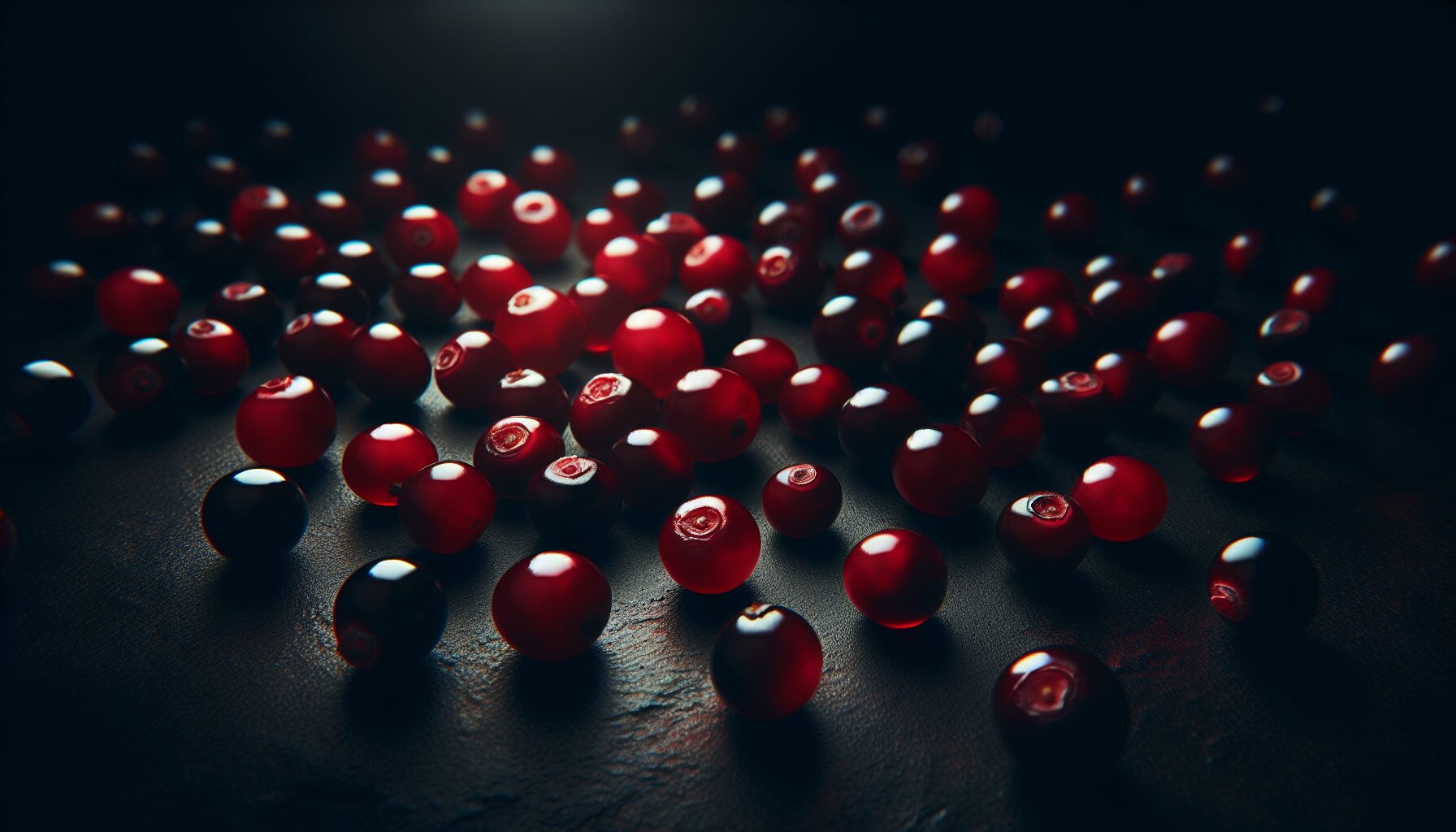
Cranberry As A Folk Remedy For Urinary Tract Infections
Proanthocyanidins in cranberries may also be able to prevent the sticking together of some bacterial E.coli that cause certain urinary tract infections. Cranberries are a known traditional folk remedy for urinary tract infections. This ability extends to protecting oral and stomach infections where cranberry extracts, rich in proanthocyanidins, can prevent certain bacteria sticking together. This activity is thought to reduce the incidence of dental plaques and gingivitis.
The combination of flavonoids in cranberries are thought to have activities against bacteria, viruses, fungi and parasites. At a basic level flavonoids, like proanthocyanidins, are polyphenols and have a natural activity against pathogens. As shown here with proanthocyanidins, flavonoids are able to affect bacteria in different ways.
Proanthocyanidins seem to interfere with harmful bacterial infection and survival through disrupting bacterial membrane biofilms, while also changing host cell infection susceptibility. Additionally, they also might disrupt key infection communications between bacteria known as quorum signalling. These signals can cause bacterial swarming behaviour where the bacteria go into overdrive and can amplify virulence. It is a very special ability and can be viewed under the microscope.
These modern biological analytical techniques provide evidence for cranberry extracts as a remedy for certain infections, as suspected for many years.
Effects of Cranberry On Gut Microbe Health
We’ve mentioned how cranberries affect the negative microbes in the body. The polyphenols in cranberries may also positively influence the gut microbes in your intestines. Your gut microbiota are regarded by some scientists as a completely separate organ now. This is considering the various effects that your gut microbes can have on your health.
They are heavily implicated in the maintenance of body weight and the production of energy. Polyphenols interact with your gut bacteria and can respond well with certain bacteria, some of which maybe have a conserved evolutionary history with their hosts.
Some studies have noticed how cranberries promote the abundance of certain bacteria over other in the intestines. For example, the quercetin in cranberries may influence the abundance of a certain gut health promoting bacteria. The biofilm disruption of cranberry proanthocyanidins might be able to suppress harmful bacteria in the gut, while promoting gut health promoting bacteria.
The potential effects of cranberries on gut microbiome health adds to the staggering portfolio of potential health benefits of cranberry.
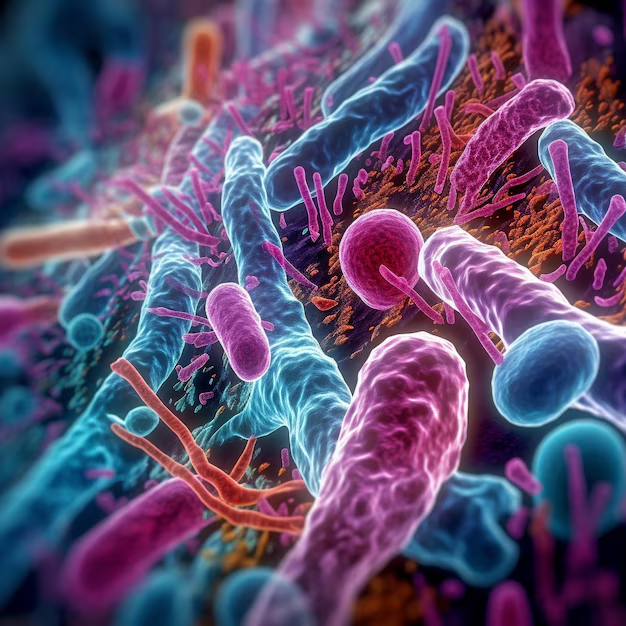
Summary
Research on cranberries suggests that they have various potential health benefits in the body. This research is also supportive of the folk medicinal properties of cranberry, while also supporting new potential benefits.
The health benefits of cranberries centre around the various plant molecules produced by this exciting fruit. Cranberry contains proanthocyanidins, other flavonoids, flavonols and phenolic acids that are of health significance. This fruit ranks as one of the highest for antioxidant content and quality.
The proanthocyanidins are flavonoids that are present in really high amounts in cranberries. These are highly potent antioxidants. They contribute to some of the stated potential health benefits of cranberries such as cardiovascular disease prevention and anti-tumour abilities. Quercetin is a well-known antioxidant polyphenol and is very abundant in cranberries. It has been seen to reduce the growth of some cancers.
Interestingly, cranberries seem to clear excess cholesterol from the blood vessels. This occurs through the improved accumulation of cholesterol in the cells, where it is needed, as well as a reduction in oxidised cholesterol. This effect seems to be dose dependent as well and is attributed to cranberry proanthocyanidins. These compounds are also responsible for the ability of cranberries to treat urinary tract infections. Proanthocyanidins have a spectrum of disruptive effects on harmful bacteria.
In terms of antioxidant power, 100 grams of cranberry extract is equivalent to 1000mg of vitamin C. This sheer power of antioxidant ability shows how important it could be to preserve certain aspects of our health. This includes the immune system, which also removes abnormal or cancerous cells.
Cranberry clearly has some important health benefits for people to consider, being a potential remedy for some conditions. For more interesting articles, see the main articles page below.
